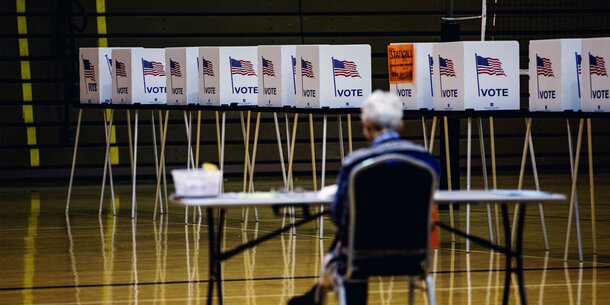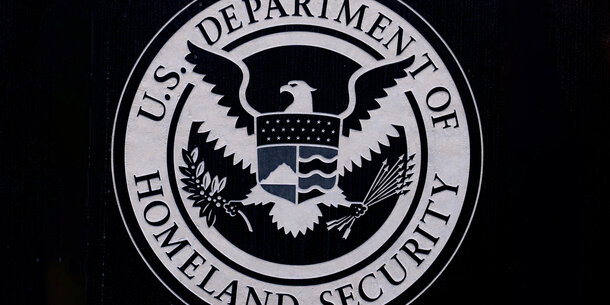For Immediate Release
July 1, 2021
Contact: Julian Brookes, brookesj@brennan.law.nyu.edu, (646) 673–6224
The U.S. Supreme Court ruled today in Brnovich v. Democratic National Committee that two racially discriminatory Arizona voting laws do not violate the Voting Rights Act or the U.S. Constitution, overturning a Ninth Circuit ruling. The ruling relies on a narrow reading of Section 2 of the Voting Rights Act that will make it more difficult to challenge discriminatory voting laws.
At 10:35 am ET, Sean Morales-Doyle, Acting Director of the Voting Rights and Elections Program at the Brennan Center for Justice at NYU Law, had the following comment:
“Today the Supreme Court made it much harder to challenge discriminatory voting laws in court. The justices stopped short of eviscerating the Voting Rights Act, but nevertheless did significant damage to this vital civil rights law and to the freedom to vote. Congress must act now to strengthen voting rights by passing the For the People Act and the John Lewis Voting Rights Advancement Act.”
Morales-Doyle adds:
“The decision makes it harder to challenge the spate of restrictive voting laws being passed across the country. It rewrites the law that applies to suits under Section 2 of the Voting Rights Act and downplays the significance of burdens on the voting rights of people of color and Native Americans. The Court focuses instead on factors never before considered in these cases, such as whether Arizona provides more opportunities to vote now than the state did when Section 2 was last amended in 1982.
"This decision also continues the court’s pattern of treating lies about the integrity of our elections as a legitimate reason to burden the right to vote, and even to do so in a discriminatory way. In so doing, the Court is giving cover to those using the Big Lie to justify a wave of restrictive voting laws.
“It is more imperative now than ever before that Congress and the White House act quickly to protect the right to vote.”
Background on Brnovich and the Voting Rights Act
- Brnovich v. Democratic National Committee
- The Supreme Court Case Challenging Voting Restrictions in Arizona, Explained, by Sean Morales-Doyle, Feb. 25, 2021
- Election Officials Explain Why the Supreme Court Should Protect the Voting Rights Act, by Mark Earley (supervisor of elections of Leon County, Florida, and a Democrat) and Abbie Mace (clerk of Fremont County, Idaho, and a Republican), Mar. 9, 2021
- Testimony on Voting in America Before the Committee on House Administration’s Subcommittee on Elections, by Michael Waldman, on the need to strengthen the Voting Rights Act through passage of the John Lewis Voting Rights Advancement Act, June 24, 2021

